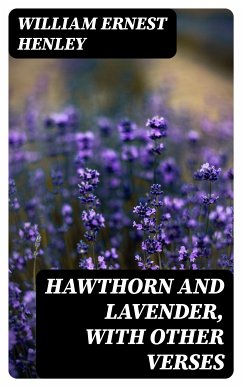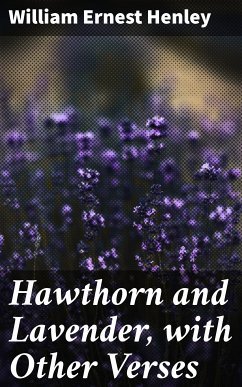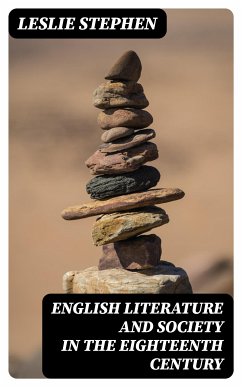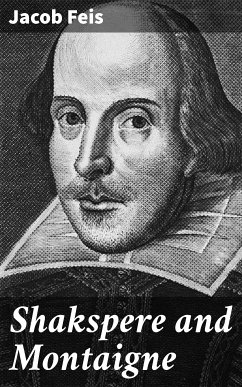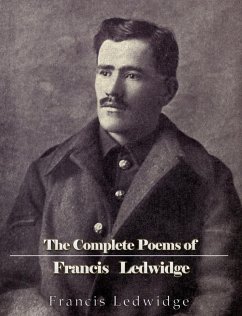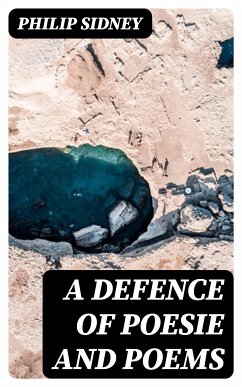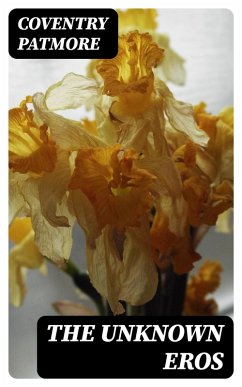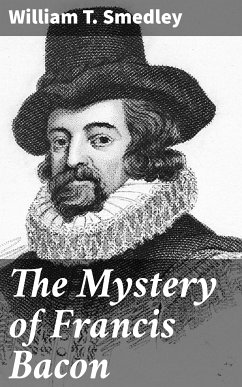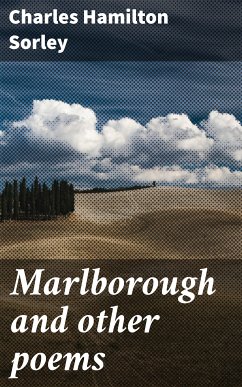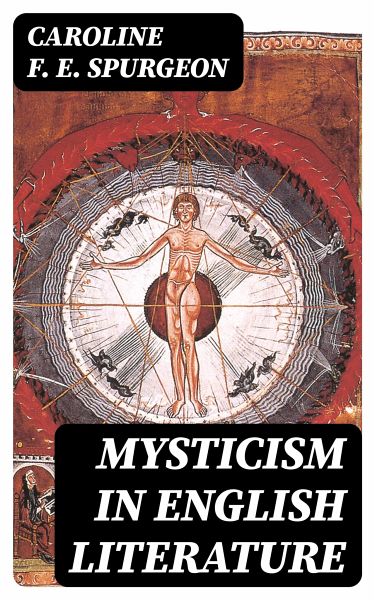
Mysticism in English Literature (eBook, ePUB)
Versandkostenfrei!
Sofort per Download lieferbar
1,99 €
inkl. MwSt.
Weitere Ausgaben:

PAYBACK Punkte
0 °P sammeln!
In "Mysticism in English Literature," Caroline F. E. Spurgeon intricately explores the intersection of mystical experience and literary expression within the English literary canon. Her analytical approach weaves together diverse texts, from medieval works to early 20th-century writings, showcasing the spiritual undercurrents that inform the fabric of English literature. The book is marked by Spurgeon's meticulous scholarship and insights into how poets and prose writers have articulated profound mystical experiences, employing a rich literary style that balances deep analysis with accessibili...
In "Mysticism in English Literature," Caroline F. E. Spurgeon intricately explores the intersection of mystical experience and literary expression within the English literary canon. Her analytical approach weaves together diverse texts, from medieval works to early 20th-century writings, showcasing the spiritual undercurrents that inform the fabric of English literature. The book is marked by Spurgeon's meticulous scholarship and insights into how poets and prose writers have articulated profound mystical experiences, employing a rich literary style that balances deep analysis with accessibility, providing a comprehensive understanding of mysticism as a thematic element. Caroline F. E. Spurgeon was an eminent literary scholar known for her pioneering work on the themes of literature, and her extensive background in literary criticism equipped her to undertake this ambitious project. Spurgeon's own engagement with the spiritual and mystical traditions not only shaped her scholarly pursuits but also her understanding of how writers synthesize these elusive experiences into their works. Her keen insights and passionate exploration of the subject reflect an authentic intellectual curiosity that resonates throughout her oeuvre. "Mysticism in English Literature" is an essential read for lovers of literature and spirituality alike. Engaging with Spurgeon's text will enlighten readers on the profound connections between artistic creation and mystical thought, fostering a deeper appreciation for the complexities of English literary heritage.
Dieser Download kann aus rechtlichen Gründen nur mit Rechnungsadresse in A, B, BG, CY, CZ, D, DK, EW, FIN, F, GR, H, IRL, I, LT, L, LR, M, NL, PL, P, R, S, SLO, SK ausgeliefert werden.




